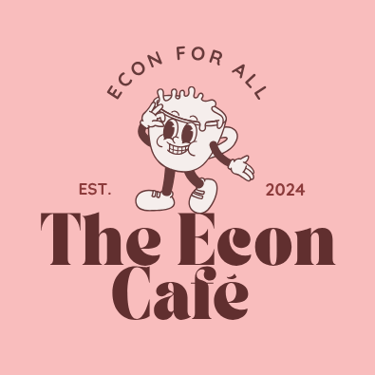Keeping Up with the Recession: Why Escapism Sells in Hard Times
BLOGMICRO BREWS
Picture this. It's 2008. The economy is in shambles. Property values plummeted, houses seized by the banks from people unable to pay their monthly installments, pushing millions into a recession. With little control over their financial futures, people turned to the one thing they could afford, escapism on their screens. Enter the calming chaos of reality TV — where drama was neatly packaged, and unfavourably edited scenes controlled the narrative.
The housing crisis left millions of people without their jobs; major economies were experiencing a recession so deep it contested the Great Depression from the 1930s. Long-term unemployment doubled, reaching an all time high, and people were emotionally drained. Shows like 'Keeping up with the Kardashians' and 'America's Next Top Model' surged in popularity because as wallets tightened, we reached for the remote. It was cheap to produce for networks as they didn't have to spend millions of dollars in casting or even building sets- what they were capturing was already there.
In behavioral economics, there is a concept called "luxury by proxy". It's a phenomenon when people that experience fewer luxuries turn to consume media that are extensive with their wealth, glamour and competition.
If we fast forward to today, inflation rates are rising, cost of living is seemingly at its peak while global conflicts, layoffs, and housing are more uncertain than ever. People are struggling to pay rent or buy groceries with the ever-rising costs. And similarly, we can see reality TV start to boom again. Shows like 'Love Island', 'Love is blind', 'The Kardashians' reboot, and even the infamous 'Beast Games' have reached record numbers- with Season 7 of 'Love Island USA' reaching 18.4 billion streaming minutes, making it the most-watched original season of television on Peacock. Of course, who wouldn't want to watch 30-35 conventionally attractive people essentially take a holiday in a giant mansion with a view of the beach and their own pool? Viewers checked in almost every day to find out what their favourite Islanders were up to. The same escapist instinct has resurged, but with a different audience this time.
So why is reality TV considered a "Recession Indicator"? During a recession, the general public tends to turn towards entertainment that is cheap, dramatic and immersive. With almost 37 episodes each season, each almost filmed in real time, the viewers get a sense that they have almost lived the experience with the crew; growing attached to certain members, getting invested in the drama and even taking parts in occasional votes. Since they can't spend on travel or luxuries, they spend time consuming reality lifestyles: economic stress fuels demand for distraction.
Just as 2008 had The Kardashians and Top Model, today’s economic unease has its own cast of Islanders, influencers, and survivalists. Escapism has always had an economic function. When inflation eats away at wages and uncertainty clouds the future, people don’t stop consuming, they just consume differently. If reality TV keeps booming, it isn’t just pop culture fluff. It’s a mirror, reflecting how we cope when reality itself feels unaffordable.
